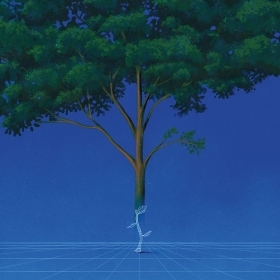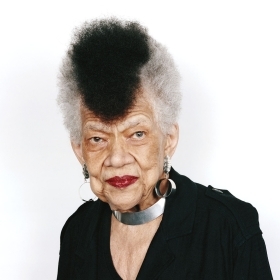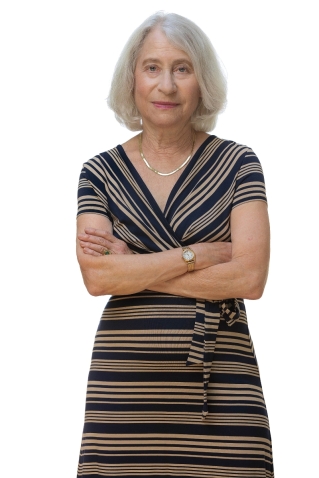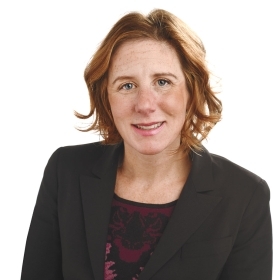Like much of the world, Nina Tumarkin was unprepared for Russia’s invasion of Ukraine in February. “My reaction at the time was utter shock,” says Tumarkin, the Kathryn Wasserman Davis Professor of Slavic Studies and the longtime director of Wellesley’s Russian Area Studies Program. “An actual full-scale invasion and war seemed so unlikely and impossible.”
Although she has studied Putin for years—and has even taught a first-year writing seminar on the Russian leader since 2017—this move seemed out of character, unstrategic. “I used to think, if nothing else, he was very smart and shrewd,” she says of the former KGB agent who has held the reins of power in Russia for more than two decades. “This adventure is so stupid, so destructive to his own country and to his own legacy that it’s very difficult to explain.”
A professor of history, Tumarkin turns to the past for illumination. “When [Putin] launched this thing, I think he was interested above all in regime change. It was intolerable to have a pro-Western, anti-Russian government in Ukraine,” she says. She cites the Russian inva sions in Hungary in 1956 and in Czechoslovakia in 1968 as being similar, but successful, forays. “I think he thought that in a few days, Kyiv would fall and he could get rid of Zelenskyy and replace him with a pro-Russian government, and then he could leave. It didn’t happen that way,” she says.
The war has forced Tumarkin to reconsider many things, among them the course she was teaching, HIST 116: Vladimir Putin: Personage, President, Potentate. Suddenly, half of each class period was devoted to discussion of the war; reading assignments “doubled.”
“I am very proud of the students in my first-year seminar,” Tumarkin says. “How engaged they have been about this war and with all the material and how excellent their understanding has been and how concerned they are.” Her students were particularly worried about the people in Ukraine and about the fate of one of their guest speakers: Moscow-based journalist Masha Lipman. Lipman, an outspoken critic of Putin, spoke to the class via Zoom in early February. In April, she spoke to the class again, having fled Russia with her family, with no plans to return.
The invasion has also forced Tumarkin to rethink the book she has been writing, Politics of the Past in Putin’s Russia. For the book, she has been examining how “uses and abuses of World War II” have replaced ideology as a defining feature of the current regime. To this end, she has traveled to Russia several times to study a movement in which people search among the bogs and woods for the remains of the estimated 1 million to 4 million dead who have been missing since World War II. Tumarkin notes that some members of the group are connected with the Russian Ministry of Defense, and several have expressed “wholehearted support” of the war. “It makes my relationship with them very different,” she says.
What is to be done? As far as the war goes, Tumarkin does not foresee Russia leaving Ukraine without being able to declare a victory. “But it’s a question of, what would they call a victory?” she says.
Early in her career, Tumarkin served as a “Soviet expert” to President Ronald Reagan, ahead of his historic 1985 meeting with Mikhail Gorbachev. What expert advice would she give President Joe Biden today? “I would tell him to keep on doing what he’s doing, which is everything to aid Ukraine except anything that would get us into a military conflict with Russia,” she says, although she admits that Western sanctions against Russia and the armament of Ukraine are “backfiring” to the extent that it makes it difficult for Putin to declare the sort of victory he needs. “What options do we have?” she asks.
Tumarkin predicts that future historians will look back on Putin’s war in Ukraine as “a huge miscalculation and blunder,” similar to the Crimean War of 1853–56—a war Russia ultimately lost. “They will shake their heads at the idea that this could happen in the 21st century,” she says.







We ask that those who engage in Wellesley magazine's online community act with honesty, integrity, and respect. (Remember the honor code, alums?) We reserve the right to remove comments by impersonators or comments that are not civil and relevant to the subject at hand. By posting here, you are permitting Wellesley magazine to edit and republish your comment in all media. Please remember that all posts are public.